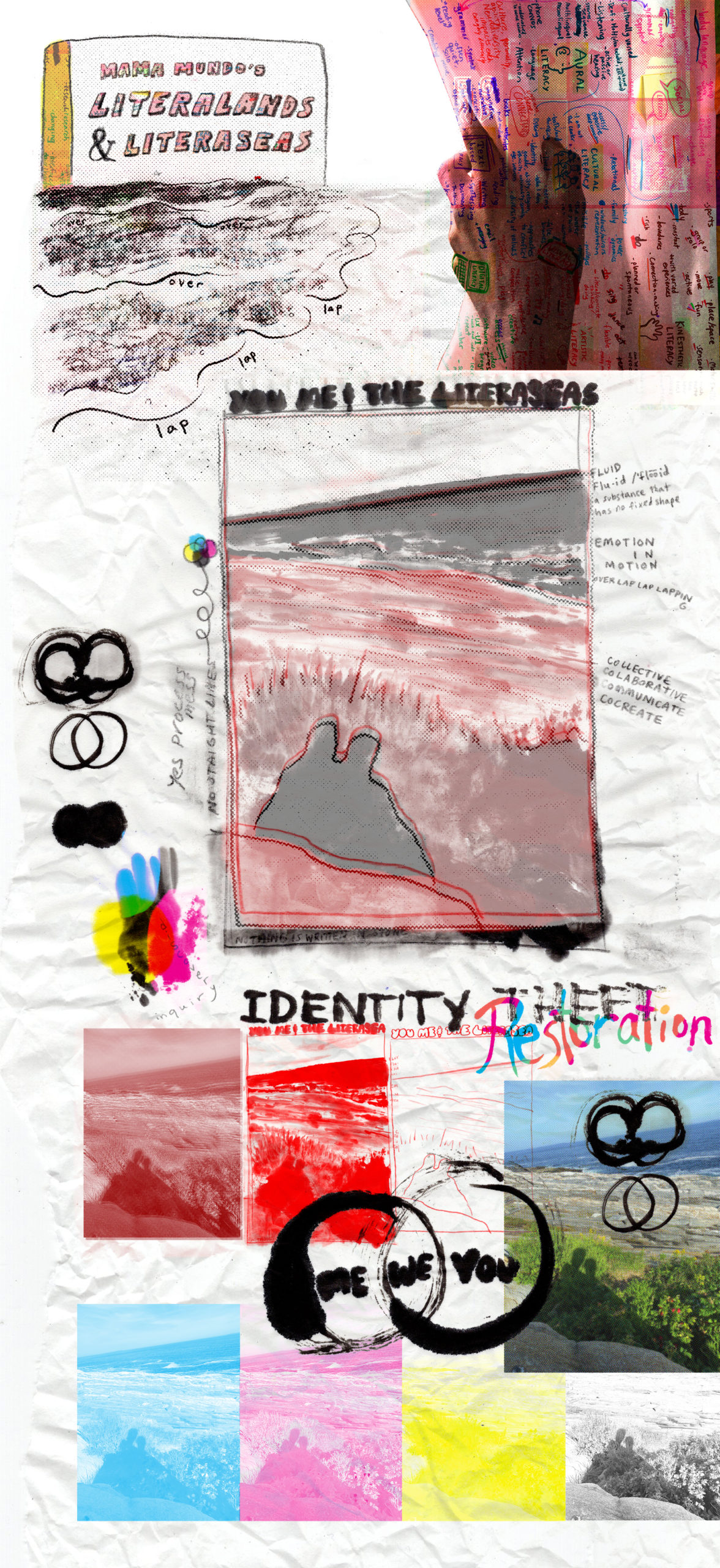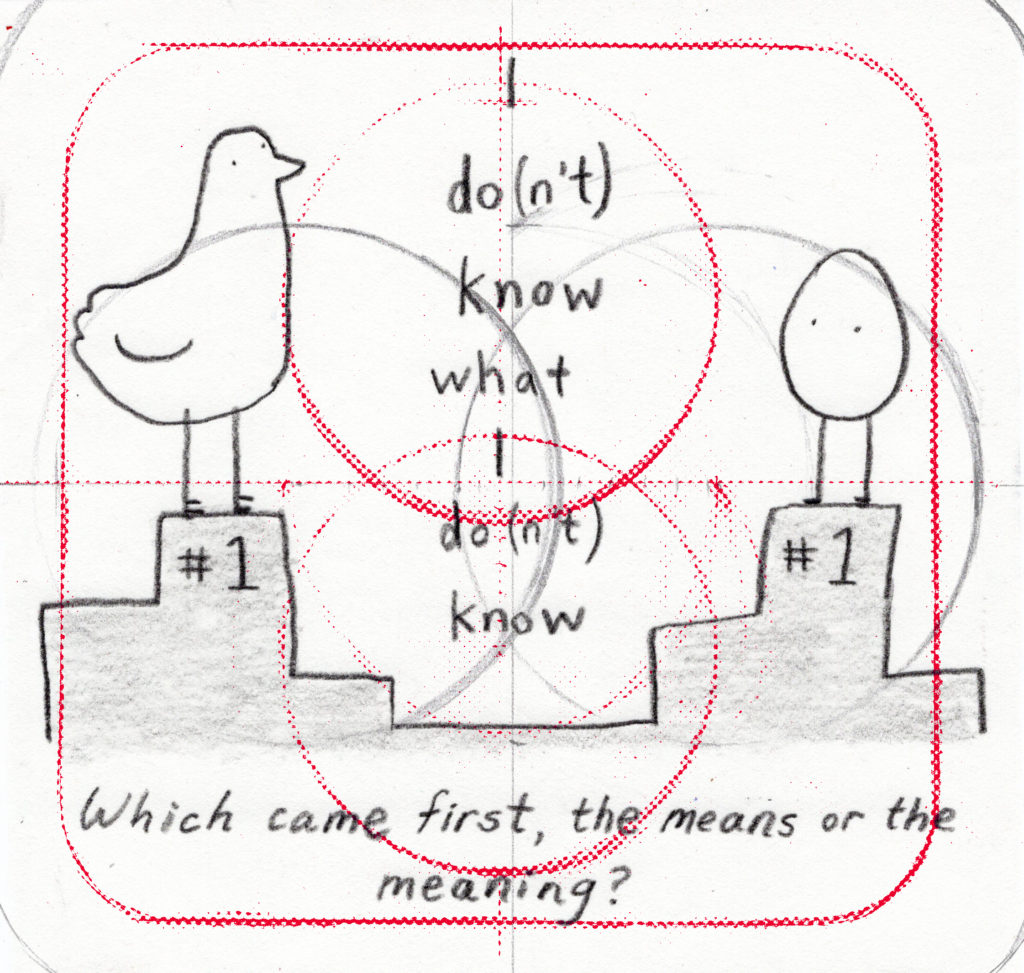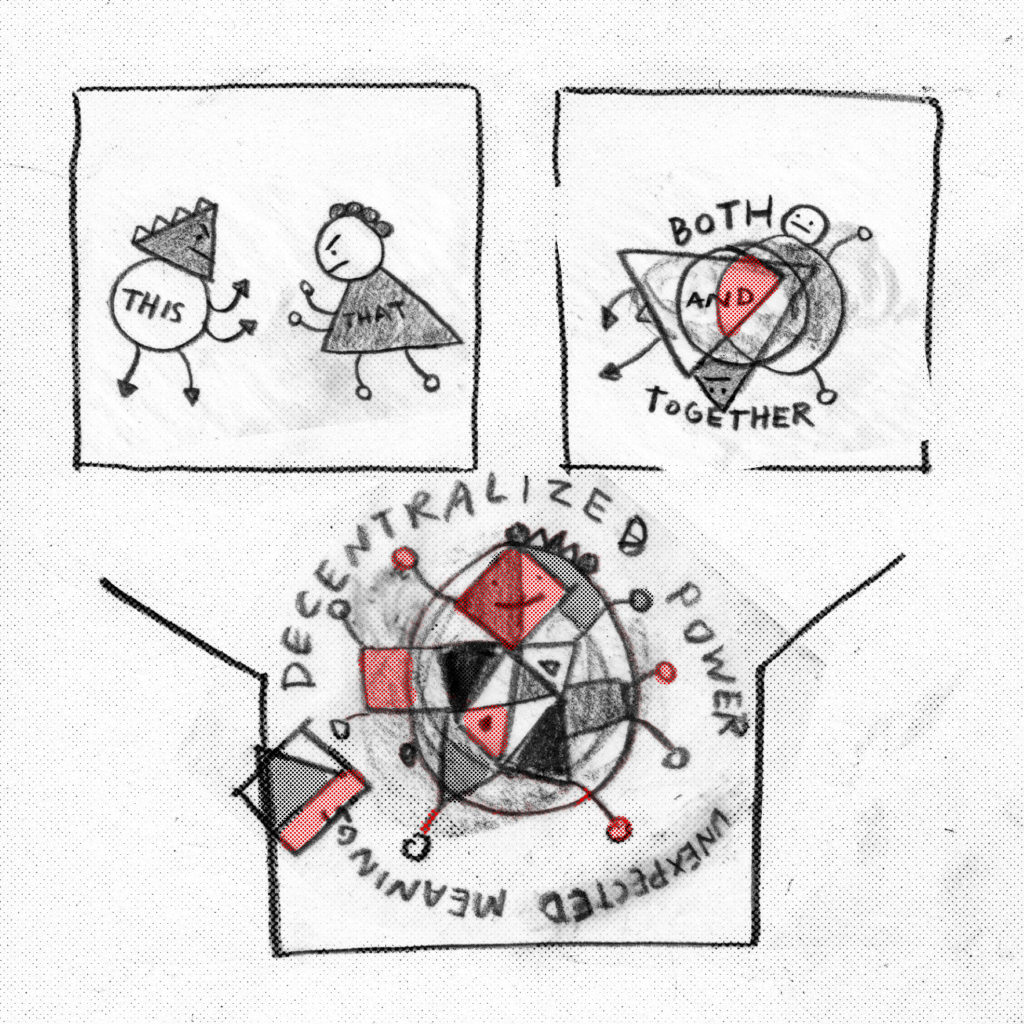Prince and the Power of the Arts

Arts Education Partnership had a conversation with Prince Nwankwo about his arts experiences with Everett: Company Stage & School while in the care of the Massachusetts Department of Youth Services (DYS) and the continued arts support as he made his transition back home. Here’s what Prince shared in our conversation.
“At first, they were just coming to the unit and weren’t really trying to do any deep stuff. It was all comedy- based. [We’d play] games like Ninja that’s physical activity to get people laughing. They were trying to get to know and get a feel for people. It really didn’t turn into serious story time until after I got out of DYS custody. It was like a process that happened one step at a time as we got familiar with one another and built faith in one another.
The hands on [approach the arts take] is way better for me. I’m not really a paperwork type of person, speech type person. I have to be up moving and having conversations back and forth too. To me personally – and this might be different for everybody – I’m not really a school person, so for me science and learning all that stuff is just terrible. It’s like pulling teeth. I hate it. But with Everett you get to really express yourself, so there is no way you really can’t like it because it’s all about you, expressing yourself and getting your story out there.
There have been times, [however,] like during a warm-up I would tell them, ‘I feel like we are doing too much. Like we just did three exercises back-to-back and then this exercise is a little extra. I’m not really feeling it. Like can we just get back into some regular and serious stuff.’ It’s all about communication. That’s all you got to say really. [After I would express myself], we made the move from there.
During early training and conferences [with Everett], I used to be scared to perform in front of people. I used to have a fear of audiences, but now that I have a feel for [theatre] what really helps me is all the feedback that I get from the people who come and pay attention to all the things that I am saying. Because now it’s like, ‘You guys are making me feel like I’m important and that my voice means something.’ That is something that resonated with me throughout the whole process.
Now when it is just me and Everett talking, what makes me feel good is how everyone is so interested in my story and what I have to say. If I am in my community talking about the stuff I talk about [with Everett] everybody goes through it, so nobody really sees it as anything crazy. ‘Bro, you just talking about some shit that just happened to me yesterday.’ You talk about it with Everett and it holds this like gratitude and I just love how everyone takes to what I am saying.
The toughest part [of the arts experience] is revisiting trauma. […] A lot of the traumas I talked about I didn’t even know about them. Like there’s stuff that I made myself push so far back in my head I kind of forgot about it. Certain stuff I never knew was wrong because growing up like [how I did] is just the norm. I was taught to be this animal in a way. Not a cold-blooded animal but you know you have to be in beast mode to survive out here. Either you’re the wolf or you’re the prey. Revisiting stuff like that gets to me. The toughest thing about it is staying on the right track. I still live in the same community, I still bump into the same people, it’s still the same thing. It’s like I’d be lying if I say it is not a hard process to stay on the right track.
[My advice to people who feel as though they have the same experiences,] find something you love that is important to you like a certain type of goal and focus on that. Separate yourself from all the unnecessary stuff. If [I have goals and am working towards something], then how am I going to have the spare time to sit there with people who have no good intentions for me. Those people have no good intentions for themselves. There’s too much time for you to sit there and mess up, but when you got structure and goals that you are working towards and taking seriously then you don’t got time to get yourself in a situation.
When I was going to DYS making these bad decisions, I didn’t really have any self-worth. I didn’t care if I died. I didn’t care if I went to jail. It was just like, ‘If it happens it happens. I’m not scared and I’m not running from anybody.’ But after working with Everett, it’s just like, I guess I got a little bit more mature with this whole process. They have me thinking about life and my future more than I used to.
I’m learning through the arts how to be a positive mentor. Before I probably wouldn’t be giving the best advice. I probably would be giving advice to get us in more situations like we were already in. The arts have given me the motivation to be on the right side of the track and show people you can make some money and a future for yourself legally. For me personally, I got my clothing brand that I am working on now [called ToppSpott], jail reform work I am trying to do, trying to buy my own house by the time I turn 22, [and] I’ve been working on my credit.
[These experiences were made possible because people got] out of the stigma of, ‘This is the [juvenile justice system] and this is the art system, and this is just how it works for everybody.’ That’s not how it is. It’s basically saying that you and I are the same person and that’s not the case. I can’t stress this enough. We need to get in the habit of treating everybody like themselves. I might be more of a fan of music so you can make me open up with music over time. [And the instructor could say,] ‘I’m going to play this song for you, what does it mean to you and how does it resonate with you?’ That’s therapy right there. We really need to get in the habit of treating everybody like an individual instead of like the same person.
People must realize that you have to be unorthodox. You have to try new things to make differences. If someone is like, ‘All right, on this unit we don’t play music.’ But [within your position you] want to try and make a change for kids. You might have to be that one to play some music and then get the weird looks from your [coworkers] for a little bit. Explain to them, ‘This is how I connect with the kids and music really speaks to them.’ People can’t be scared to get certain looks from their coworkers or to be the first to make it happen. Because the change starts with you. If everybody is scared to be the first one because of judgement, then nobody is going to be the first one.”
This is the fifth post in the multi-part Juvenile Justice Series: Broadcasting Arts Experiences. AEP hopes these story-driven contributions will expand thoughtful discussion and research into the role of the arts in the juvenile justice system. You can read the first post in the series here.
If you’re interested in sharing your arts education experience in juvenile justice settings for a future blog post, AEP wants to hear from you! Please contact Project Manager Krystal Johnson.



